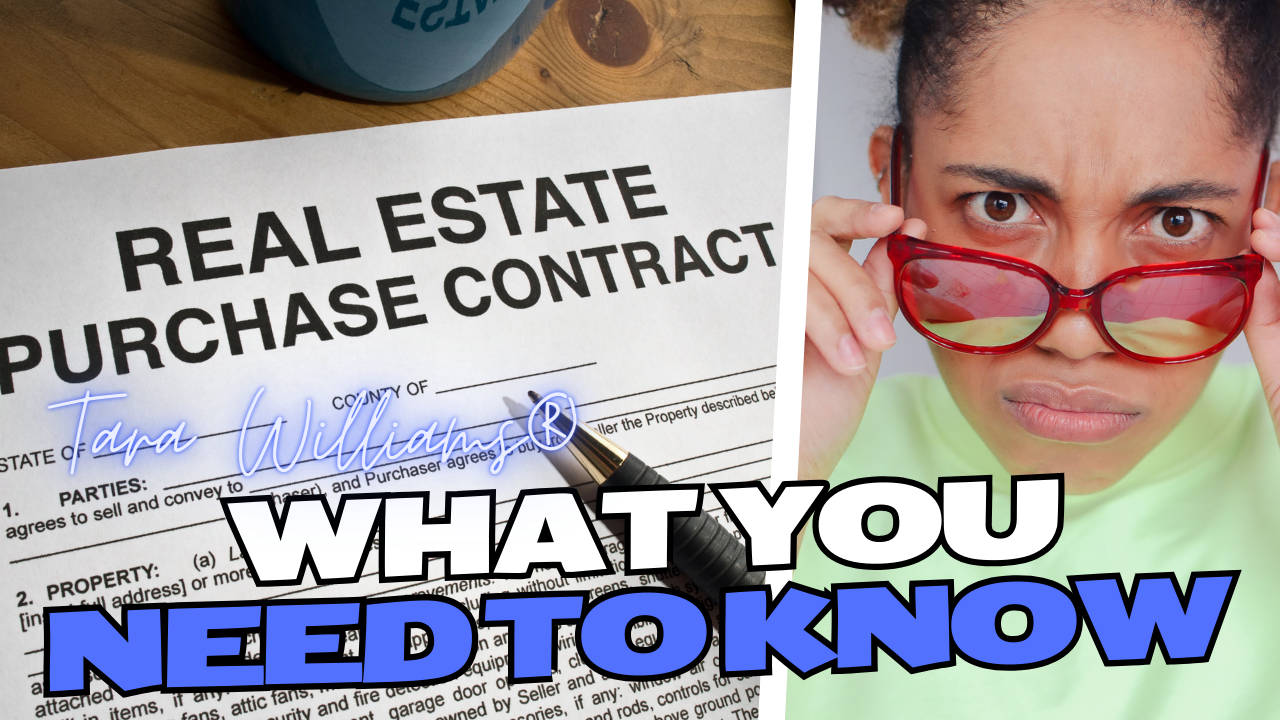
Demystifying Real Estate Contracts: What You Need to Know
Real estate transactions are intricate processes that involve numerous legalities, and at the heart of these transactions lies the real estate contract. Whether you’re a first-time homebuyer, a seasoned investor, or a curious observer, understanding real estate contracts is crucial to navigating the complexities of property transactions. In this blog, we’ll unravel the key components of real estate contracts, providing you with the knowledge you need to make informed decisions.
The Basics Of Real Estate Contracts
A real estate contract is a legally binding agreement between two or more parties involved in a property transaction. It outlines the terms and conditions that govern the sale, lease, or exchange of real property. The contract serves as a roadmap, guiding the parties through the transaction process while protecting their rights and interests.

Essential Elements of a Real Estate Contract:
- Identification of Parties:
- Clearly define who the parties involved are, including the buyer(s), seller(s), and any intermediaries or agents.
- Property Description:
- Accurately describe the property being transferred, including its address, legal description, and any relevant details that distinguish it from other properties.
- Purchase Price and Financing Terms:
- Specify the agreed-upon purchase price, the method of payment, and any financing terms if applicable. This section may also cover details about earnest money deposits.
- Contingencies:
- Contingencies are conditions that must be met for the contract to move forward. Common contingencies include home inspections, financing approval, and the sale of the buyer’s existing property.
- Closing Date and Possession:
- Clearly state the anticipated closing date, as well as any agreements regarding possession of the property. This section ensures a smooth transition of ownership.
- Default and Termination:
- Outline the consequences if either party fails to fulfill their obligations outlined in the contract. This may include penalties, legal actions, or termination of the contract.

Types of Real Estate Contracts:
- Sales Contracts:
- Used for the purchase and sale of real property, these contracts specify the terms of the transaction, including the sale price, financing details, and closing date.
- Lease Agreements:
- Detail the terms and conditions for renting a property, including the duration of the lease, rent amounts, and responsibilities of both the landlord and tenant.
- Option Contracts:
- Grant a party the option to buy or sell a property at a specified price within a predetermined time frame.

- Working with Real Estate Professionals:
- Real Estate Agents:
- Understand the role of real estate agents in the transaction process. They can provide valuable guidance, assist with negotiations, and ensure that the contract adheres to local regulations.
- Attorneys:
- In complex transactions, it’s advisable to consult with a real estate attorney. They can review contracts, provide legal advice, and ensure that your interests are protected.
 Common Pitfalls to Avoid:
Common Pitfalls to Avoid:
- Incomplete or Vague Terms:
- Ensure that all terms and conditions are clearly defined to prevent misunderstandings and disputes.
- Failure to Perform Due Diligence:
- Conduct thorough inspections and research before signing the contract to uncover any potential issues with the property.
- Neglecting Contingencies:
- Contingencies act as safeguards. Failing to include important contingencies may lead to complications down the line.
Conclusion
Real estate contracts are the foundation of property transactions, providing the framework for a smooth and transparent process. Whether you’re buying, selling, or leasing, a comprehensive understanding of these contracts is essential. By being aware of the key elements and potential pitfalls, you empower yourself to make informed decisions and navigate the intricate landscape of real estate transactions with confidence. If ever in doubt, seeking professional advice can be a wise investment in protecting your interests and ensuring a successful real estate transaction.


 Facebook
Facebook
 X
X
 Pinterest
Pinterest
 Copy Link
Copy Link

 Common Pitfalls to Avoid:
Common Pitfalls to Avoid:

